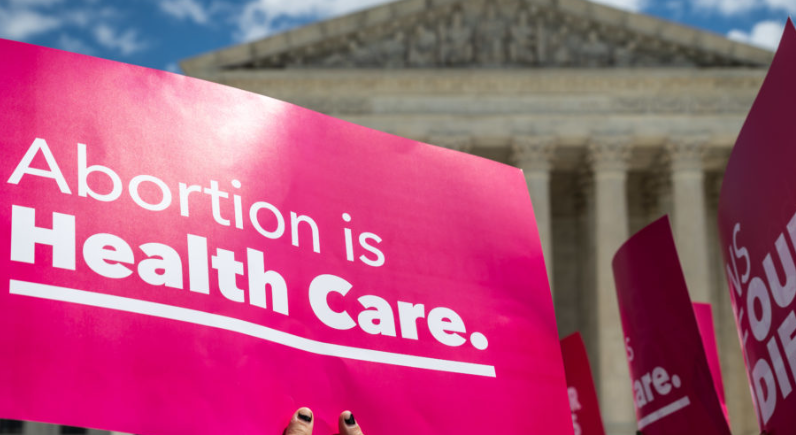GenBioPro, which sells a generic version of the abortion pill mifepristone, urged a federal appeals court on Tuesday to rule that West Virginia’s near-total abortion ban does not apply to the use of the pill in accordance with U.S. Food and Drug Administration (FDA) guidelines.
David Frederick, a lawyer for GenBioPro, addressed a three-judge panel of the 4th U.S. Circuit Court of Appeals, stating, “The issue in this case is whether West Virginia can interfere with a balance between access and safety Congress entrusted to the FDA for mifepristone. The answer is no.”
The Nevada-based company, which filed a lawsuit against the state in 2022, argues that the federal Food, Drug, and Cosmetic Act (FDCA) grants the FDA the authority to regulate the conditions under which mifepristone can be used. The FDA has approved the drug for medication abortion within the first 10 weeks of pregnancy, contingent upon specific safety requirements, including special certifications for prescribers and pharmacies. Mifepristone is part of a two-drug regimen used in medication abortions, which account for over half of U.S. abortions, according to the Guttmacher Institute, a research group that advocates for abortion rights.
GenBioPro contends that federal law overrides West Virginia’s 2022 abortion law, which restricts abortions except in cases of rape or incest before 14 weeks, non-viable pregnancies, or when the mother’s life is at risk. The company seeks to overturn a ruling made last year by U.S. District Judge Robert Chambers in Huntington, West Virginia. Chambers concluded that the U.S. Supreme Court’s 2022 ruling, which overturned Roe v. Wade, indicated that regulating abortion falls under state police powers concerning health and safety.
Erin Hawley, representing the conservative legal group Alliance Defending Freedom and arguing for the state, urged the 4th Circuit panel to uphold Chambers’ ruling. She pointed out that the FDA advises healthcare providers to check their own state laws regarding the prescription of mifepristone. “The FDA itself acknowledges what has always been true under the FDCA: states get to regulate the healthcare field,” she said.
The panel appeared skeptical of GenBioPro’s arguments. Circuit Judge J. Harvie Wilkinson remarked that federal regulation sets a baseline, allowing states to impose stricter regulations. “I think the theory that’s propounded here could potentially put the states in handcuffs as far as health and safety of their citizens is concerned,” he said. Both Wilkinson and U.S. District Judge Rossie Alston, sitting on the panel by designation, indicated that the Supreme Court seemed to delegate abortion regulation to the states. “The bottom line is the Supreme Court seems to suggest that these types of questions on abortion should be best left to the states,” Alston noted. “If you want to access certain things, you can move to a state that allows it.”
Wilkinson and Alston were appointed by former Republican presidents Ronald Reagan and Donald Trump, while Circuit Judge DeAndrea Benjamin, appointed by Democratic President Joe Biden, posed few questions during the hearing.
Mifepristone is also central to another high-profile lawsuit initiated in 2022 in Texas by anti-abortion groups aiming to revoke the drug’s FDA approval, represented by the Alliance Defending Freedom. A trial judge initially ruled in their favor, but the Supreme Court later determined they lacked standing, allowing the drug to remain on the market for now. A coalition of conservative states continues to pursue challenges to the drug’s approval.
The case is GenBioPro v. Raynes, 4th U.S. Circuit Court of Appeals, No. 23-2194.

